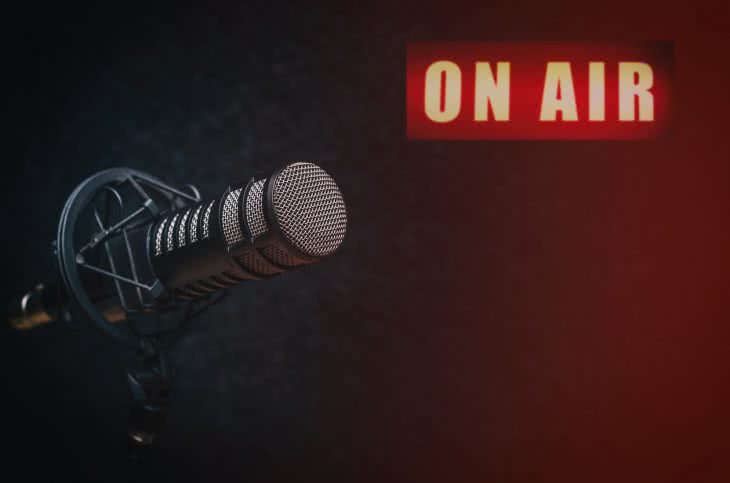Podcasts. I’m not sure about you but I am hooked. I must admit, I was very slow on the uptake. But now that I’ve discovered a range of shows that I love it’s actually taken over as my preferred source of headphone company.
Why? Because I’ve become attached to the voices of my favourite hosts and can’t wait for our next “conversation” (yes, I know it’s one way but this why the connection you form with podcast talent is unlike any other). I genuinely feel like I’m buddies with the hosts and would have to be very careful not to embrace them like a long-lost sibling if I ever bumped into one in public.
So what does this mean for event organisers looking to expand their producer repertoire? Or podcast hosts, for that matter, wanting to explore new territory? A ripe opportunity to introduce the podcast to a live audience. Here’s why:
It’s cost efficient
When you’re pricing up a music concert or festival or consumer event, production costs can mount up pretty quickly. When it comes to a live podcast event, all you need is a couple of comfy chairs, a coffee table, and some microphones. That’s really the extent of your production (basic in-house AV will do the trick).
Your audience isn’t expecting a huge lighting show, glamorous stage props or confetti to fall from the sky as the host enters the room. They have come to listen to their favourite podcaster, to take that intimate “friendship” formed to the next level. In fact, an over-the-top production would deter from the experience. This is great news for your fixed costs and, in turn, your margins.
Additional revenue stream
For podcasts with a very small listenership, any revenue streams are unlikely. But once that fanbase reaches a consistent number of weekly subscribers or streams, sponsors will begin to see the real value of getting on board in order to reach a highly engaged audience. We’re not talking Joe Rogan numbers here either (although if you can convince Joe Rogan to let you produce his live podcast event, then go you).
“500 regular subscribers are enough to get a conversation happening with potential brand partners.”
Taking a podcast to the live arena is not only an opportunity to upsell that partnership contribution, but also introduce a new revenue stream generated through ticket sales. This is something you can set up and have complete control of using a platform like Eventbrite.
So get a quote for a venue, cost up your (small) production costs, and work out your ticket price so that you’re breaking even at around 40% of tickets sold. Negotiate a profit split with the podcast hosts and you’re away! It’s extra money in the pocket for them – as long as you are on top of your budget and have created a smart marketing plan, it shouldn’t be a hard sell.
Your target market is easy to access
When it comes time to creating your promotional strategy, you don’t have to look much further than the existing audience of the podcast. Having the hosts simply promote the live performance in the weeks leading up to show day should take care of the majority of your ticket sales (or at least get you to that all-important breakeven point).
And because you’re only targeting fans of the podcast (and maybe fans of similar podcasts which you can achieve with clever Facebook ads), you can sell tickets directly to that fanbase via social media. This will help keep your marketing costs to a minimum and allow you to be in total control over tracking the success of your campaigns and allowing for maximum conversion.
Your target audience is also likely to recommend the show to friends. I know that if one of my favourite podcasts announced a live show, I would be bursting at the seams and very quick to recommend that my friends “like & subscribe” to said podcast so they can get on board for the event.
People are looking for new experiences
Live podcasts are still a novelty! Don’t get me wrong, the medium is getting bigger by the second, but it has a long way to go before becoming mainstream in the live arena. So when the tastemaker and cultural shaker of a friend group is suggesting something other than a gig, movie or supper club evening, they’ll likely get great uptake for the new and exciting live podcast proposal.
Hopefully, the above four reasons are enough to convince you to start approaching podcast hosts to take their show to a live audience. Or if you’re a podcast host, why not give it a try? With low production costs, existing promotional channels and a highly engaged audience who quite frankly adore you, it’s worth a shot.




